When bringing a furry buddy into your home, one important consideration is frequently how much shedding will occur. This is highly crucial for those of us who have allergies or want a low-maintenance pet. In addition to keeping our homes free of fur, the topic of “what dog breeds don’t shed?” also concerns itself with matching us with a companion that will easily fit into our busy lives.
Furthermore, selecting a dog breed that doesn’t shed can be incredibly convenient for those with hectic schedules or who don’t want to handle the additional chore of regularly cleaning up pet hair. This considers how to keep your home tidy and how to cut down on the time and energy required for pet care and grooming.
As we explore the world of non-shedding dogs, remember that choosing the ideal, comfortable companion for you and your new four-legged buddy is just as important as avoiding a hairy home. Together, we can investigate these breeds to choose the ideal fit for your way of life!
Table of Contents
Dog shedding factors
Dogs naturally shed for various reasons, and most pet owners get used to this process. Dogs sweat mainly to eliminate excess, damaged, or old fur. Seasons can impact this: many dogs develop thicker coats for winter insulation and shed them in the spring to make room for their lighter summer coats.
What matters most is that the amount of hair a dog sheds depends on several things, such as:
Breed: The types of coats that different breeds have significantly impact how much they shed. For instance, German Shepherds and huskies are breeds with double coats that typically shed more, particularly during seasonal changes. Conversely, the hair of breeds such as Poodles and Bichon Frises grows continually and sheds very little.
Health: Shedding may be impacted by a dog’s general health. Certain medical disorders, poor nutrition, or stress can bring on excessive shedding. Any unexpected increase in shedding should always be reported to a veterinarian since it may indicate a health problem.
Season: As previously noted, many dogs naturally follow the seasons. In the winter, they grow a thicker coat, which they shed in the spring. On the other hand, dogs kept in regulated indoor surroundings could shed seasonally uniformly since they are not as affected by the outside weather.
What Is The Myth About Dog Shedding?

Which dog breeds are non-shedding? It’s only a myth! It’s important to remember that although no canine breed is known to shed very little, some are known to shed very little. They are well-liked options for people who have allergies because of this feature. Although some breeds don’t shed at all, they are frequently called “hypoallergenic” because they tend to emit less dander, a common allergen.
Which dog breeds don’t shed at all, or only very little, then? Low-shedding coats are a well-known characteristic of breeds, including Yorkshire Terriers, Maltese, Poodles, and Shih Tzus. Their fur develops more like human hair, meaning there is less dander dispersion and shedding. They are, therefore, good options for anyone who wants to reduce the amount of allergens in their house.
But it’s crucial to remember that low shedding does not equate to low upkeep. These breeds need regular brushing to avoid matting and preserve coat health. Regular brushing, frequent washings, and perhaps even hiring a professional groomer are required to keep their fur looking and feeling good. Taking care of your low-shedding dog goes beyond simply appreciating their little shedding—you also need to be dedicated to their maintenance requirements. Dog ownership is rewarding and fun when your dog is healthy and happy.
Reasons to Own Low-Shedding Dogs
Having a dog who sheds little can affect your life, particularly if you’re constantly on the go or find regular cleaning difficult. Now that we’ve addressed the topic of “What dog breeds don’t shed?” let’s explore the advantages of owning these low-shedding friends.
Minimized Allergens within the House:
Why It Matters:
People can sneeze, itch, and have asthma attacks from pet dander and fur. Dogs with low shedding levels discharge fewer allergens into your house.
Considerable Breeds:
Low-shedding breeds include Schnauzers, Poodles, and Bichon Frises. Because the hair of these breeds is more akin to human hair, it retains dander and keeps it from flying around.
Saves Money and Time on Cleaning and Grooming:
Benefits of Grooming:
Although all dogs require some maintenance, low-shedding breeds frequently need fewer brushings and trims. This may result in cost savings on grooming supplies and expert services.
Advantages of Cleaning:
Less hair equals less time spent sweeping, vacuuming, and hair removal from furniture and clothes. Those with hectic schedules or those who want a cleaner home without the ongoing maintenance requirements would significantly benefit from this.
Ideal for Busy Owners or Physically Limited People:
Convenience for Busy Lives:
A low-shedding dog may be the ideal choice if you lead an active lifestyle and are frequently on the road. With these pets, you can have a pet’s company without dealing with the time-consuming cleanup.
Ease for Physical Limitations:
Low-shedding breeds are helpful for people who might find it physically challenging to perform regular cleaning, such as older people or those with specific disabilities. They offer the pleasure of pet ownership with reduced maintenance requirements in terms of physical labour.
Suggested Breeds:
Intelligent and versatile, Poodles and Schnauzers are among the breeds that shed the least and are the easiest to teach and handle.
Overall, low-shedding dog breeds are practical and friendly. They provide the happiness of a furry buddy with less trouble usually associated with pet ownership, making them especially ideal for people with allergies, busy schedules, or physical limitations.
Famous Dog Breeds That Don’t Shed
Poodles:
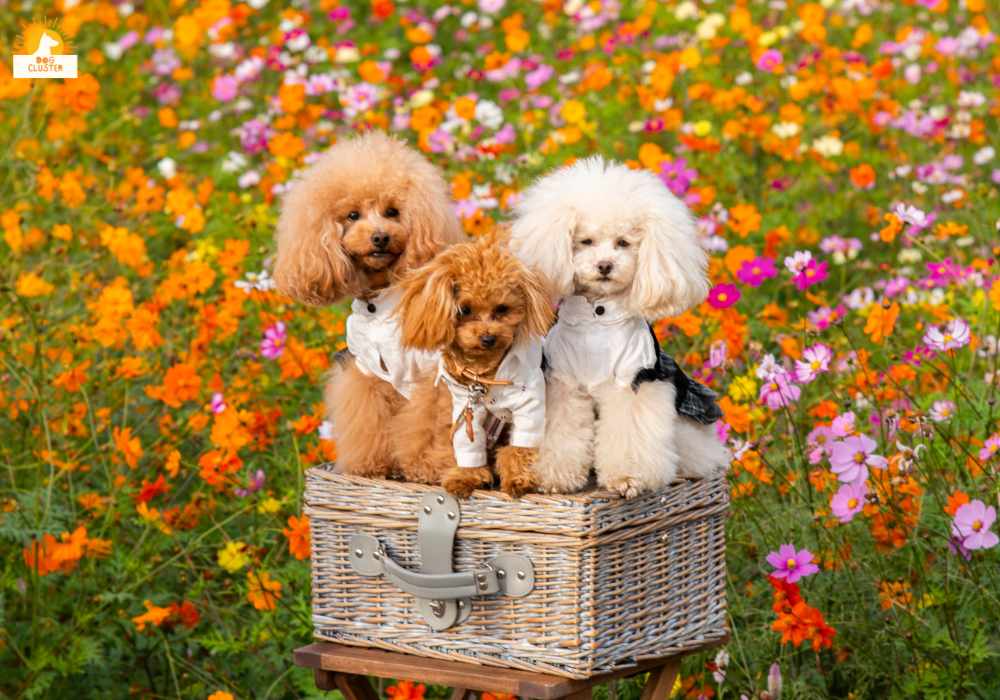
Bichon Frise:
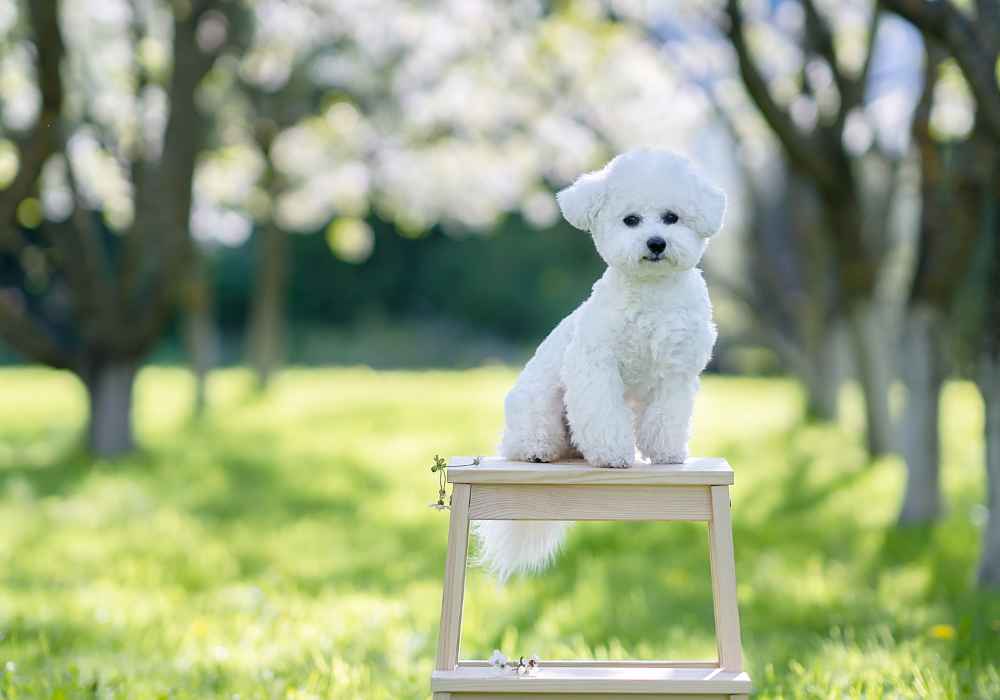
Maltese:
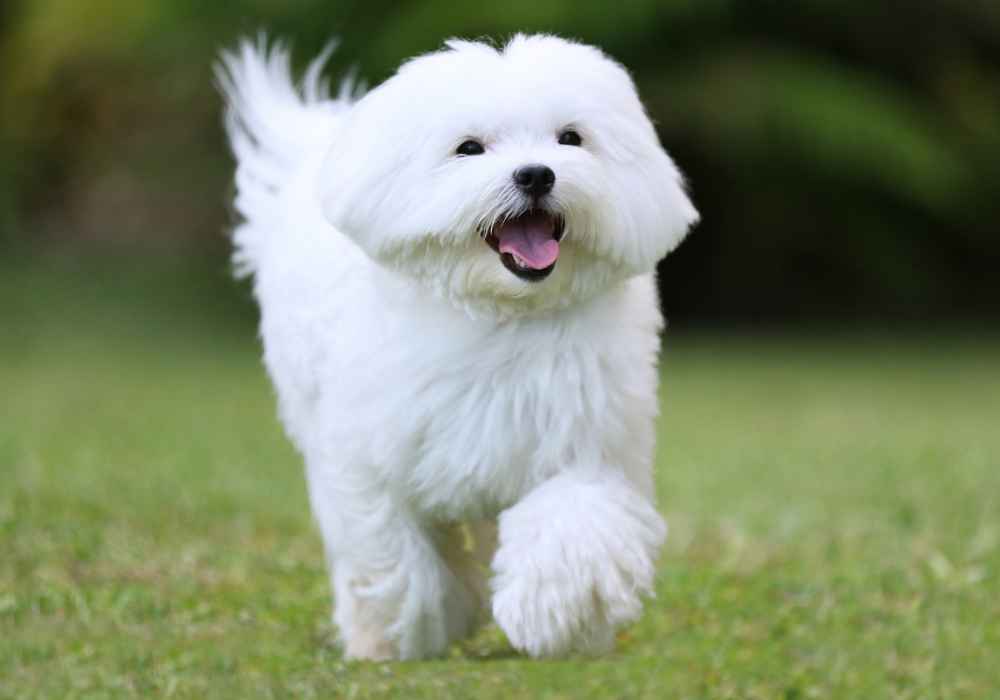
Shih Tzu:
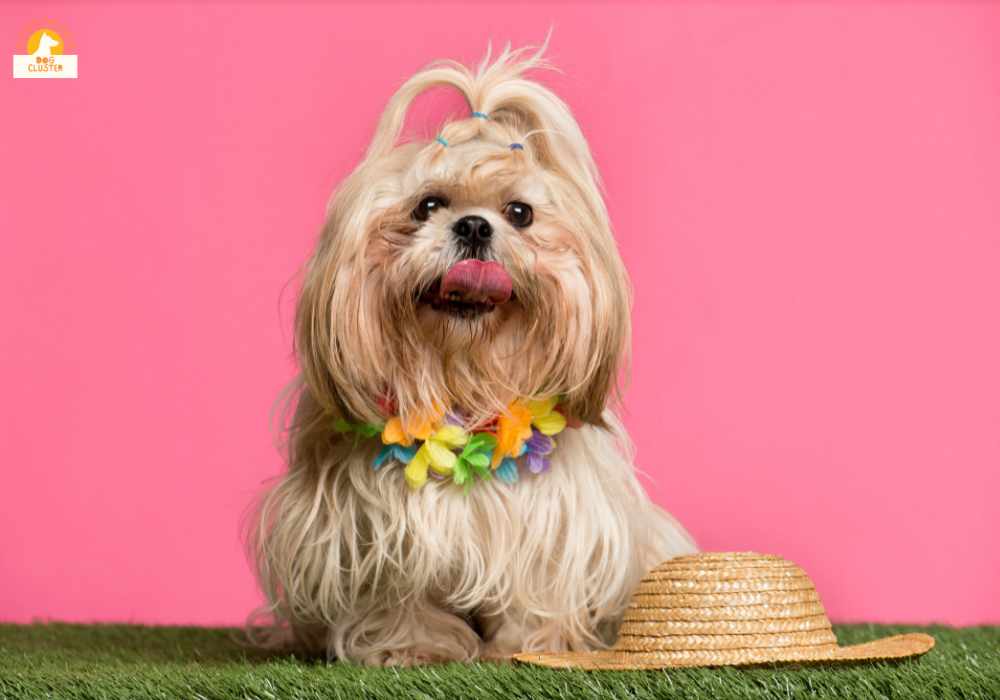
Scottish Terrier:
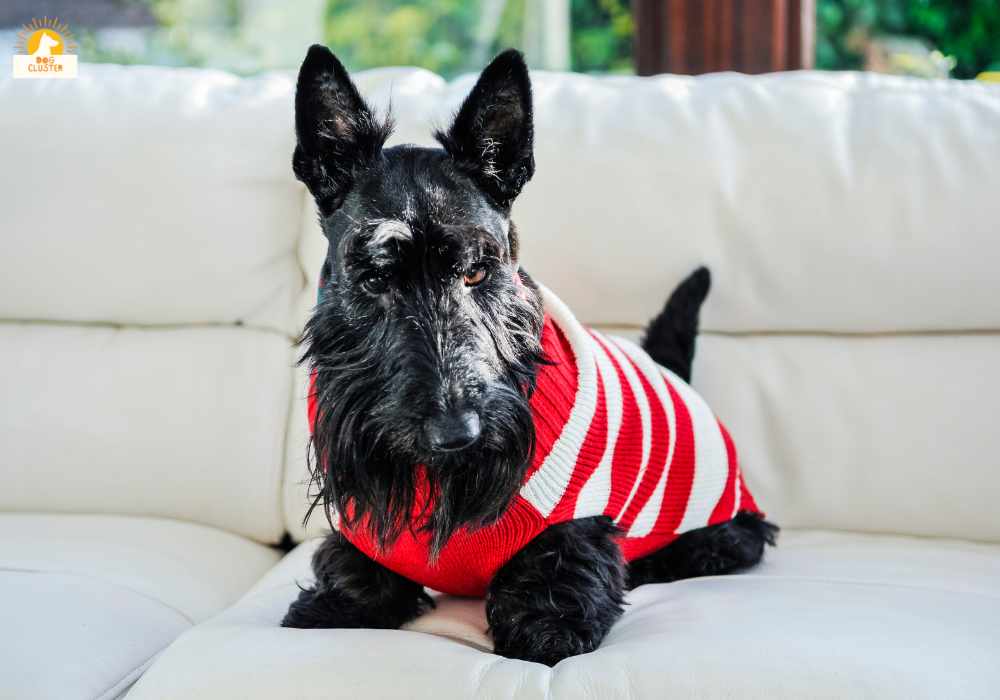
Portuguese Water Dog:
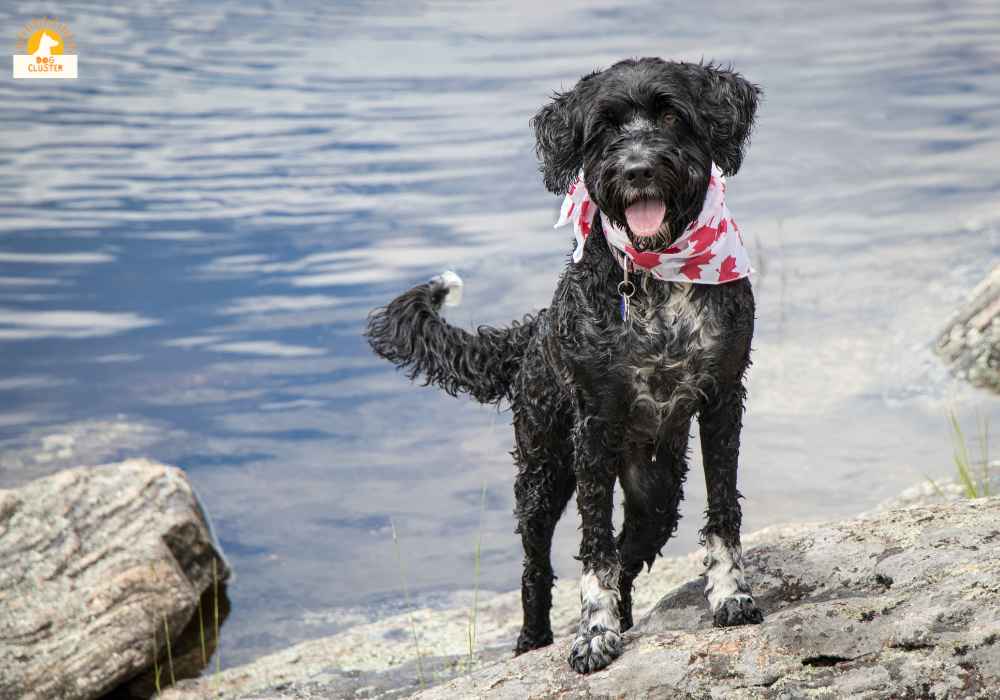
Soft-Coated Wheaten Terrier:
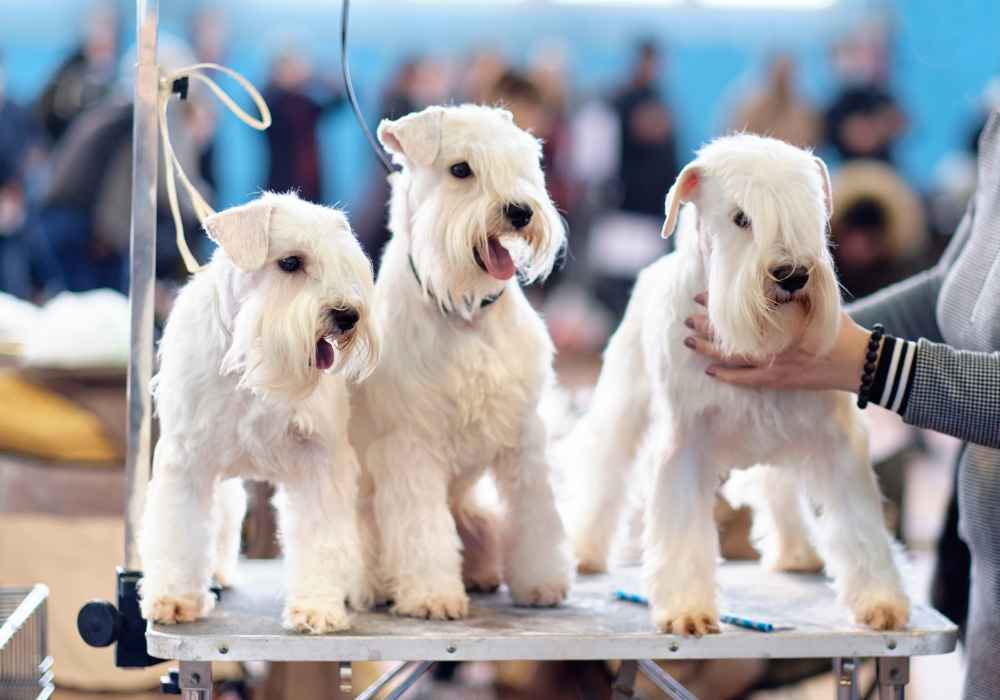
Schnauzers:
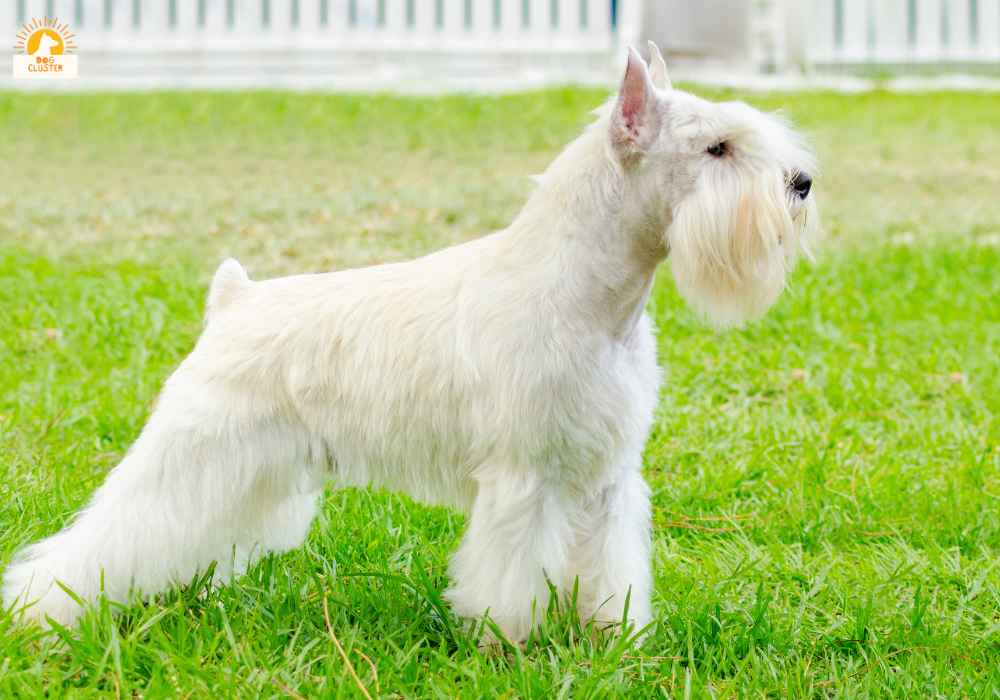
Yorkshire Terrier:
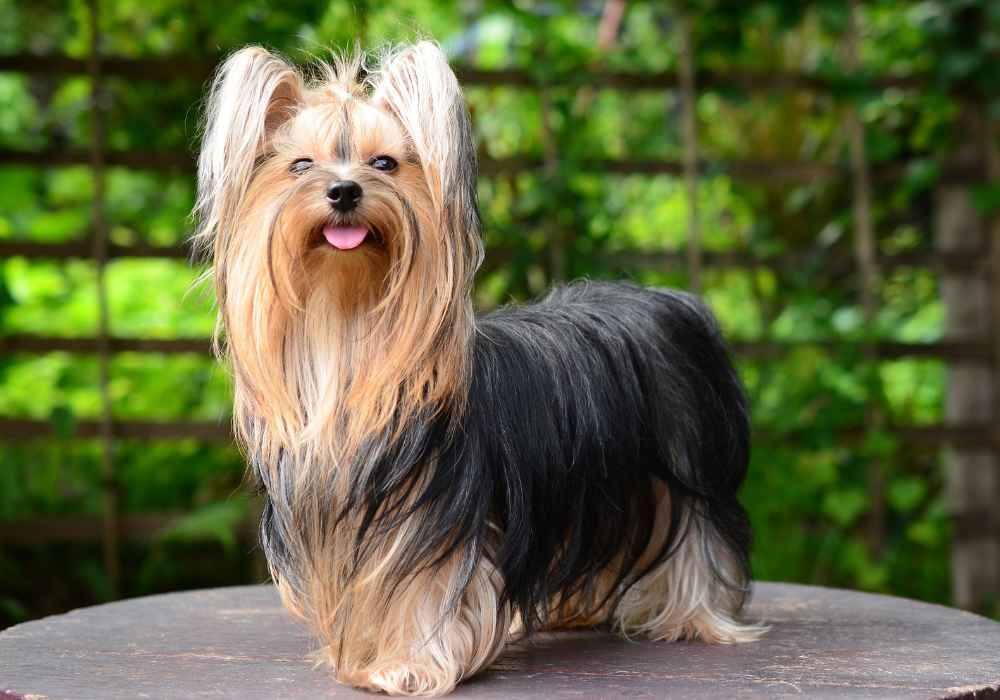
Conclusion
In conclusion, there are several advantages to selecting a low-shedding dog breed, particularly for people who have allergies or who want a cleaner home. These breeds are a good choice for people who suffer from allergies because they generally create less dander and hair, which are common allergens. Furthermore, low-shedding dogs typically leave less hair around the house, saving time spent grooming fur.
Share me if you have any stories and thoughts. I will love to read your feedback. Stay with dog cluster and gather knowledge about dog.
FAQ
Are non-shedding dogs hypoallergenic?
Dogs that shed less emit less allergens into the environment, making them better for allergy sufferers.
Do non-shedding dogs need special grooming?
Many non-shedding breeds need regular grooming to prevent matting and preserve coat health.
Does any large dog breed not shed?
Larger breeds like the Portuguese Water Dog and Standard Poodle shed less.
Which non-shedding dog is ideal for families?
Bichon Frise and Labradoodle (Labrador-Poodle hybrid) are amiable and family-friendly.
Can male and female dogs shed differently?
Gender does not affect shedding, but health and breed features do.
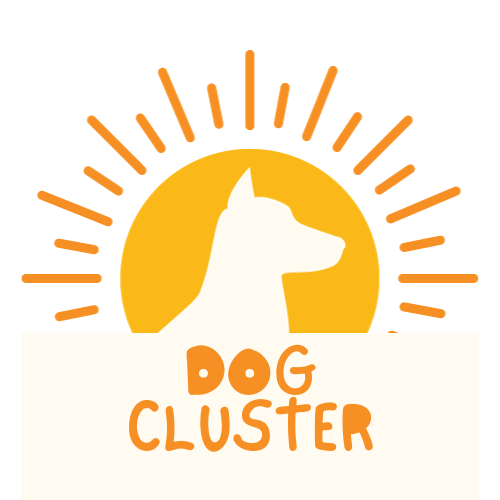

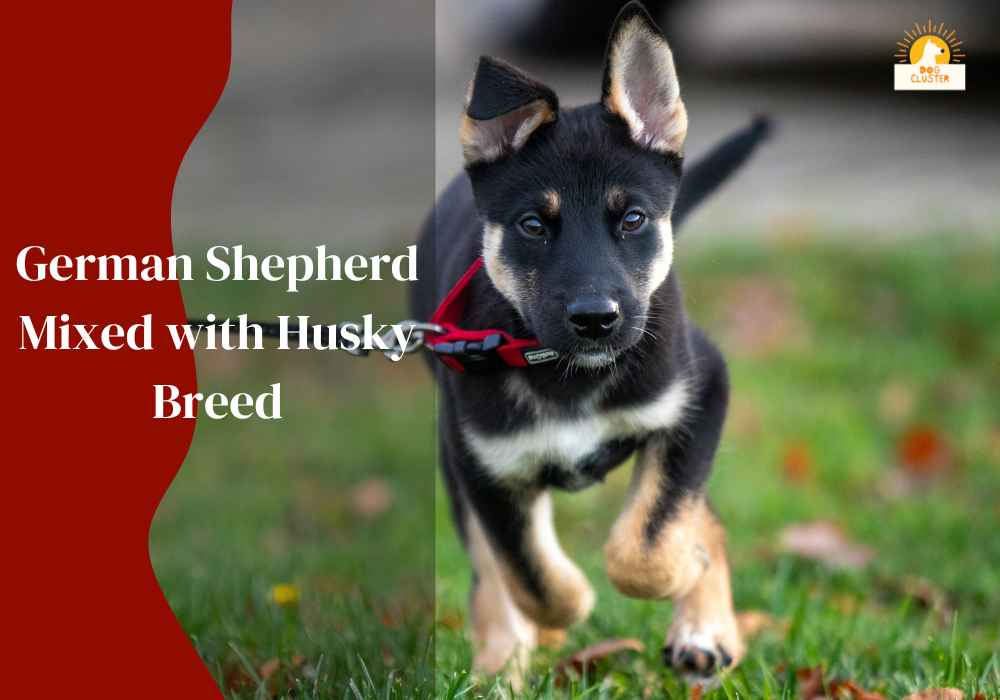
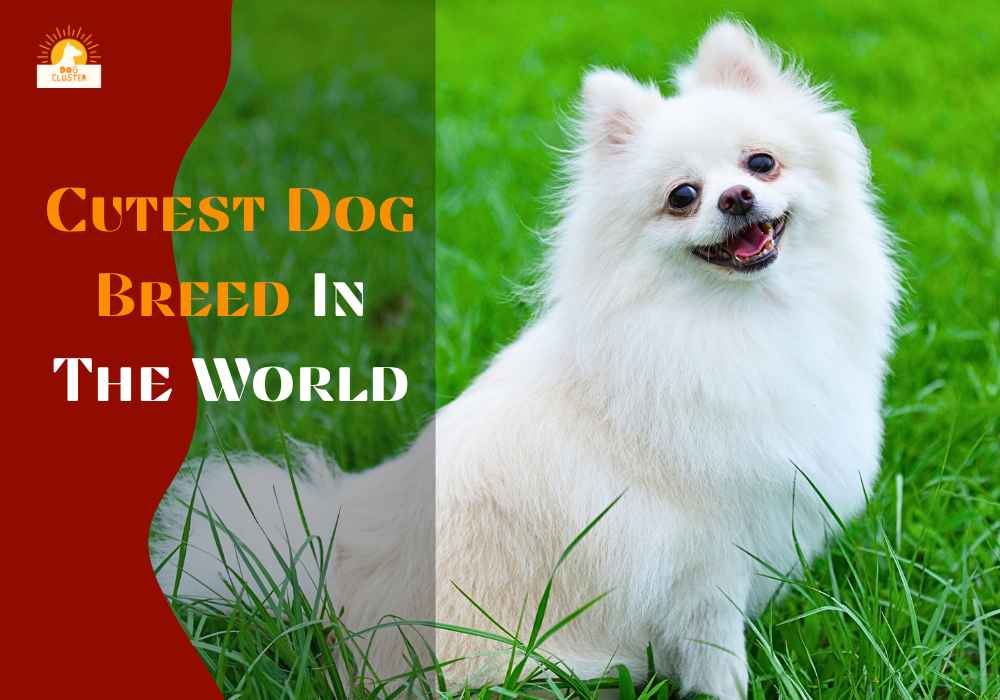
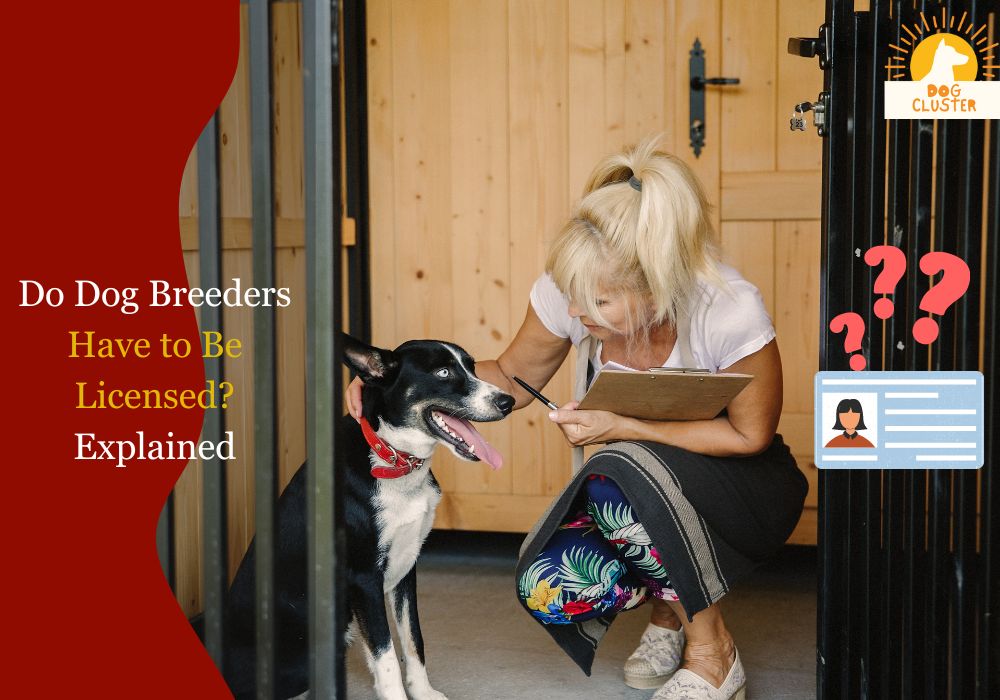
Leave a Reply